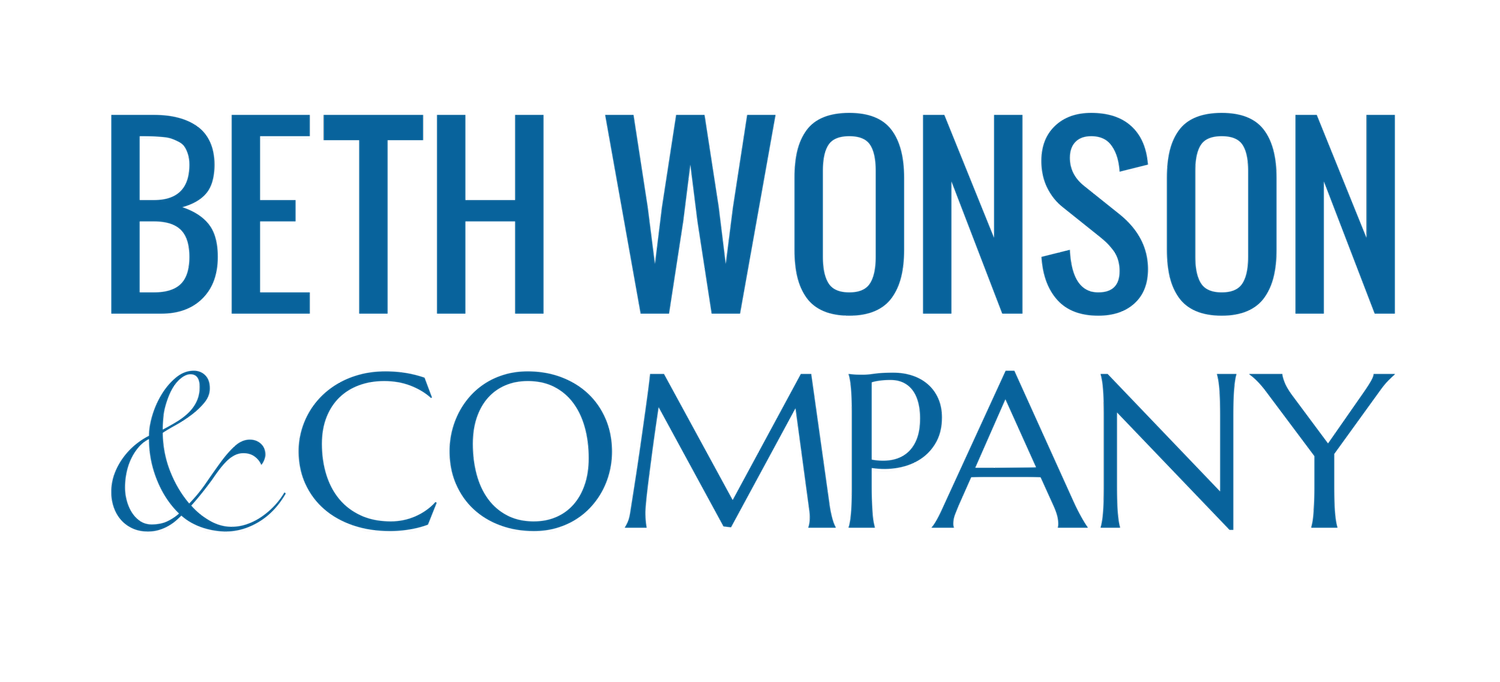It's the Season for Curiosity
In Stage 2 of the Navigating Challenging Dialogue® Process, you use self-coaching to become deeply curious about your own thoughts, feelings, and assumptions when engaging with others.
This method of self-coaching helps you to get emotionally clean and clear prior to a difficult conversation. The questions we provide in Stage 2 of the NCD Process are designed to guide you into curiosity.
Through this practice of curiosity, you are changing and expanding your brain’s ability to process and learn.
Research tells us that when you dip into curiosity:
You are better able to find the answer to a problem, and are more likely to retain the information you gathered.
You can better recall information that may seem unrelated, extraneous, or incidental in the present moment. And that is helpful in coming up with solutions or gaining deeper insights.
And, brain scans have shown that when you are more curious, the brain activity in the regions associated with memory and reward are more activated.
In other words, when we are curious, we are better at assessing a situation, seeing what is really happening, coming up with better solutions using all available information, and retaining that learning to apply to the next situation.
Curiosity drives our willingness to engage.
When we choose not to delve into curiosity, it is most often because we have already determined that it is not worth the risk. What if I learn something that makes me uncomfortable? What if I don’t agree with what I learn?
When it comes to conflicts that impact our relationships, if we aren’t willing to engage with curiosity around our own feelings, thoughts, and assumptions, we stay in a place of conflict. We want the other person to experience us as being right or “the winner”.
Without curiosity for our own thoughts, relationships will become nearly impossible to sustain.
As you move into this holiday season, I encourage you to find opportunities to open yourself up to curiosity and wonder in your conversations. Ask yourself some simple questions when you feel defensive or a conflict brewing:
What assumptions are driving my desire to be defensive?
What am I trying to protect myself from?
What biases, fears, or old patterns are blocking me from being curious?
Are my thoughts actually facts or are they assumptions?
Do I have expectations of the other person that I haven’t made transparent?
What is there to learn here?
Now there may be times when someone is actually not safe or healthy to engage with. I am not suggesting that you don’t create boundaries or avoid people who are unhealthy for you. I just ask that you check-in with yourself about the thoughts you are having and determine if they are absolutely true.
The holidays can be tricky times of chit chat leading to topics that you don’t want to argue about. Remember, you don’t have to defend your beliefs. Instead you can ask simple, open-ended questions that inspire curiosity both in yourself and others.
Some simple curious questions that can help include:
“Oh that’s interesting. Can you tell me more about why you feel that way?”
“Could you give me an example?”
“What have you tried in the past that helped with this?”
“What do you think you might do differently next time?”
“That’s a fascinating story. How did that make you feel?”
The holiday season is often filled with events where conversations are forced and people show up with differing opinions than your own. Take the burden off your shoulders and simply engage with curiosity. You just may learn something about yourself and about others that surprises you.
